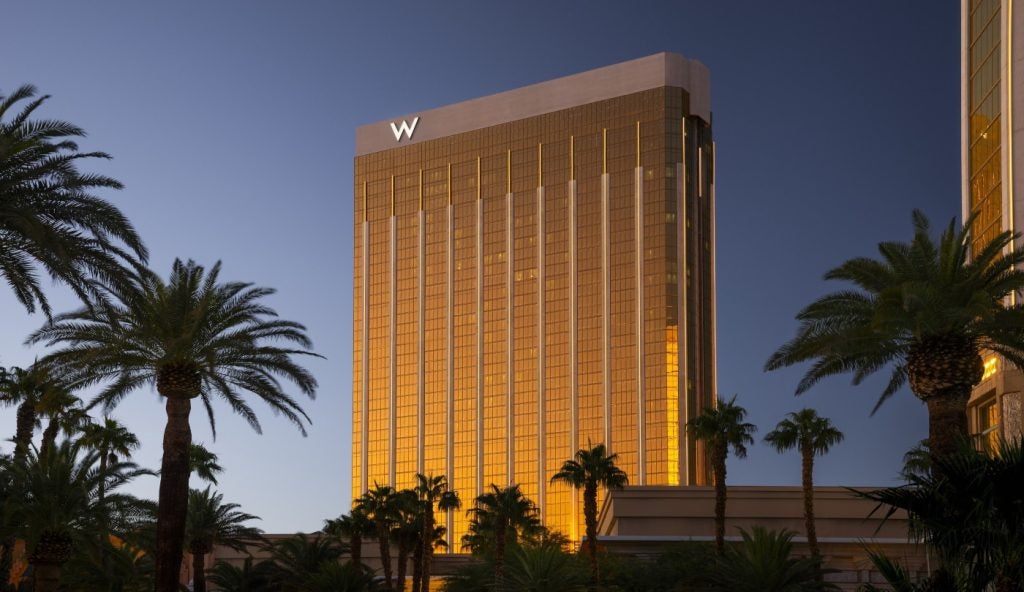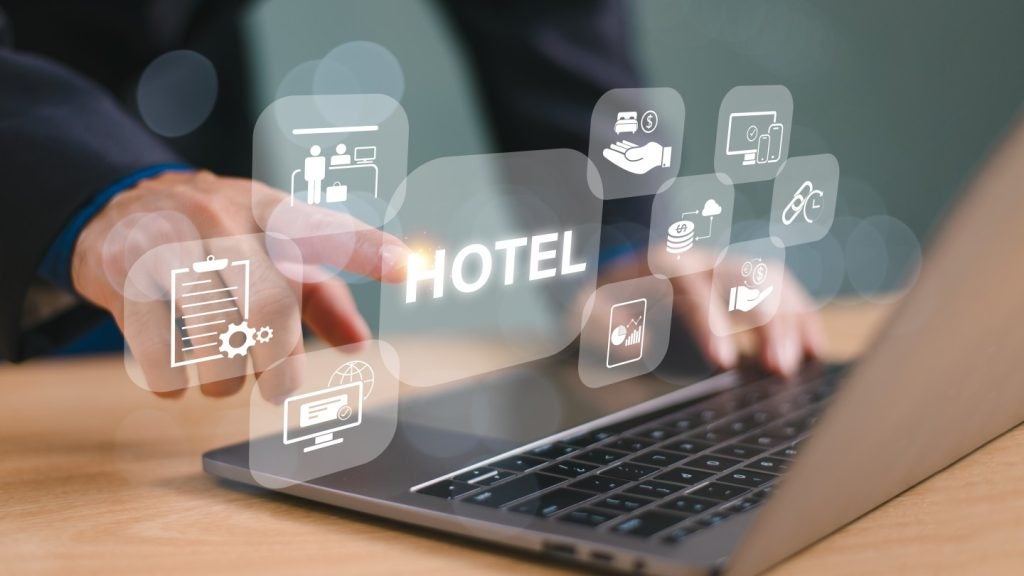
The true measure of any hotel website’s success is the number of visits it converts into revenue.
Revenue comes from reservations, and these are more likely to be generated by a website that follows the three golden rules: attract people to visit the site, encourage them to stay on the site and give them a reason to revisit the site.
By adhering to these three rules, a hotel increases the likelihood that its site will make a positive impression on new visitors and persuade them to make a reservation.
So, what content does a website need to make it stand out, attract business guests, families, couples and individuals, and keep them coming back? This is a question that preoccupies web designers and business owners alike, but there is one thing for
certain: anything that adds value adds appeal.
In today’s fast-paced society, added value can be interpreted as something that makes life easier, simplifies complex processes, or just saves people time and effort. This type of added-value content can be provided on a hotel’s website
through a number of extra online facilities or tools which are useful to visitors in planning their holiday.
If a hotel regularly receives visitors from abroad, it may be worth including a currency converter tool, or a link to an online currency converter on the website, offering clients the latest exchange rate information. A simple facility like this will
encourage people to add the website to their favourites for future use, increase the amount of time they spend on the site and cement the hotel’s reputation as a helpful and thoughtful establishment, providing useful online facilities for
guests.
How well do you really know your competitors?
Access the most comprehensive Company Profiles on the market, powered by GlobalData. Save hours of research. Gain competitive edge.

Thank you!
Your download email will arrive shortly
Not ready to buy yet? Download a free sample
We are confident about the unique quality of our Company Profiles. However, we want you to make the most beneficial decision for your business, so we offer a free sample that you can download by submitting the below form
By GlobalDataSimilarly, including a weekly or monthly weather forecast tool for the local area will greatly enhance the appeal of a hotel’s website. Guests who are planning family holidays could time their visit to coincide with the weather. Companies
planning events within the hotel could make sound business decisions based on long-range information from the Met Office or local information from the BBC and plan accordingly.
By providing such information, a hotel can attract more visitors to the website, enhance the visitors’ website experience and maintain its competitive advantage.
TRAVEL MADE SIMPLE
Including a customised journey-planning tool on a website to help visitors plan their journey to the hotel and around the local area will add appeal to a website by simplifying travel arrangements.
One such tool is JourneyPlan’s planajourney service, a point-to-point planner that searches timetable information in the UK for rail, air, ferry, London Underground, Docklands Light Railway and National Express/Scottish Citylink coaches.
The visitor simply enters a start point and an end point, and instantly receives a detailed itinerary. The hotel’s location can be linked to the public transport network, which integrates it into the planner.
Similarly, for a chain of hotels, the planner can be displayed on the main website, with each hotel linked to the public transport network. The resultant personal planner can be printed off and branded with the hotel’s name and contact
details.
The content of the planner can be tailored to the market and the location of the hotel. For example, if only rail, air and taxi links are required, this is all that will be provided.
Similarly, local visitor attractions and places of interest, such as castles and leisure centres, can also be integrated into the planner, as can useful local information, such as the location of the nearest hospital, dentist, supermarket or
church.
Accessibility and distance to and from attractions and businesses is known to be a major consideration when choosing a hotel, so providing this information upfront would be a great boost in getting your hotel and website noticed.
The appeal of an internet-based journey planner to business travellers would be substantial. Instead of they or their PAs spending valuable time making phone calls to travel agents and preparing a detailed itinerary, they could quickly use the
planajourney tool on the hotel’s website and print off a personalised, reliable itinerary, providing directions from the airport or train station straight to the hotel’s door. This could then be fulfilled by a travel fulfilment agency.
The time saved on travel planning, telephone calls and web searches translates into a real cost saving. This time-saving feature of the tool also results in greater customer loyalty to the hotel.
In terms of the journey planner’s attractiveness to holidaymakers, it serves a dual purpose. Firstly, it can eliminate much of the hassle in the planning stages of the holiday, allowing people to plan their accommodation and travel through just
one website.
Secondly, it potentially removes much of the stress of organising complex travel arrangements while on holiday, as travel itineraries to places of interest and local facilities can be accessed and printed off prior to or even during a trip, using
mobile internet, hotel internet or internet cafes.
PRACTICAL BENEFITS
The hotel itself would also experience time- and cost-saving benefits, as the length of time spent by the concierge or reception staff providing information or answering complex travel queries would be considerably reduced if this facility were
provided to customers and staff were allowed easy access to the planning tool.
For example, assuming that staff work an eight-hour day, the concierge could save half an hour on travel information requests and the receptionist a quarter of an hour. If the salary is £15,000 per annum plus National Insurance, and overheads
are 50%, the direct annual saving would be £1,590 for the concierge and £795 for the receptionist. Additionally, there is an opportunity contribution equal to the amount saved.
The people who actually do the work of planning and booking accommodation can benefit too. Many corporations use agents to make their bookings, but as the search for cost cutting gathers momentum, it is likely that the benefits of being able to secure
best-value pricing will generate considerable interest in such services – especially if top executives become aware of the advantages and time savings of this kind of service.
These added-value tools will serve as an additional promotional and optimisation device for a hotel’s website, allowing the establishment to promote itself as an added-value service provider and a forward-thinking business, willing to go beyond
traditional sources of information in the interests of its customers.
Many people surfing the net are planning to visit a particular part of the country, but haven’t yet decided on their accommodation.
These tools will attract more people to a hotel’s website, encourage potential guests to spend time browsing the pages, and give them a reason to bookmark and regularly revisit the website.
In this way, they will become, or continue to be, valued customers of the hotel, while at the same time confirming the reasons for their loyalty.







